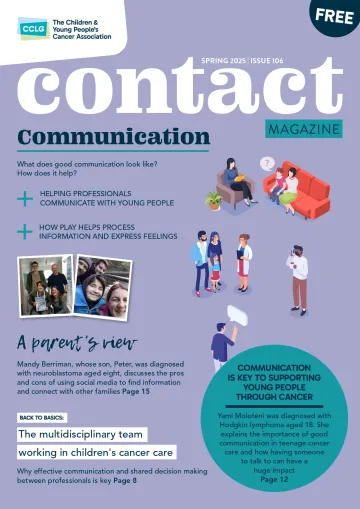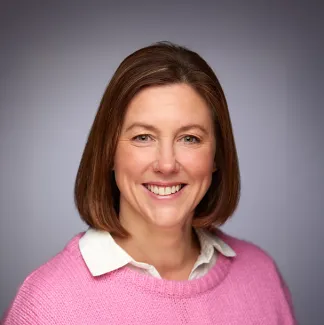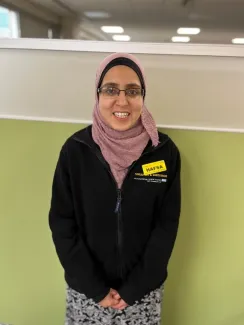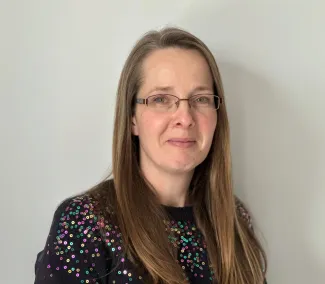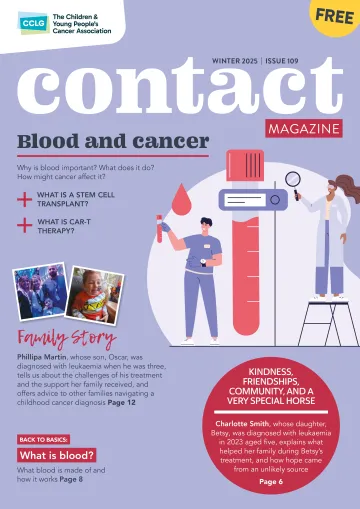I knew from working as a children’s cancer nurse that parents are faced with many decisions when their child has cancer and that this can feel very stressful. Other researchers have explored how healthcare professionals may support parents with making decisions, but I was interested to understand how other people in parents’ lives may be supporting them.
So, I interviewed parents of six children with cancer (three mothers and three fathers). We started by talking about the types of decisions they’d faced, and then we created diagrams (called ecomaps) of their support networks. This led to conversations about how people from these networks had supported the parents (or not) with making decisions.
What did I find out?
Parents talked about many different types of decisions they were faced with. While many of these included decisions about medical care, they also talked about having to make many decisions relating to managing life outside of the hospital like childcare and school or nursery attendance.
The support networks around each family were unique, but often the network consisted of extended family members, friends, colleagues, other parents of children with cancer, and in some cases, healthcare professionals. The levels of support from people in the network varied, and sometimes relationships were a source of stress rather than support. Some parents explained that they often found themselves giving support to people in their network as well as receiving it and, in these situations, it became difficult for them to communicate what support they needed.
Support from friends and family decisions was important and could help decision making even if the support didn’t directly relate to making a particular decision. Several of the parents I spoke to experienced a profound loss of confidence in themselves at the time of their child’s diagnosis. They talked about feeling overwhelmed and ‘lost at sea’ with the decisions that they were facing. People in their social networks could play a very important role in shaping that confidence.
While there may have been times where it was helpful for a friend or family member to step in and give the parents advice about a particular decision, often this wasn't helpful as this could further undermine the parent’s confidence. What felt more supportive was when other people showed compassion by avoiding any wish to help or offer suggestions, instead actively listening to whatever parents wanted to say. This could help reassure parents that they were able to make decisions that were best for their child.
How is this useful?
It’s really important that members of social networks supporting parents living through situations like this know how to help. It may be assumed that if somebody is faced with a difficult decision, the best thing that we can do as friends or family members is to jump in and offer advice. However, we should be open to the possibility that this may not be helpful, and that instead, offering compassion and reassuring parents that they can make the best decisions, can be enormously powerful. The most important point is that friends or family members need to find ways to listen to what parents need and enable parents to communicate to others how they can be of support.
The next steps are to share these findings far and wide as any member of the general public may one day find themselves supporting parents whose child has cancer. I therefore plan to hold public-facing events and create a film to communicate the key messages from my research.
I’d like to thank the parents who took part in this study for sharing their time and experiences so generously.
From Contact magazine issue 106 | Spring 2025

